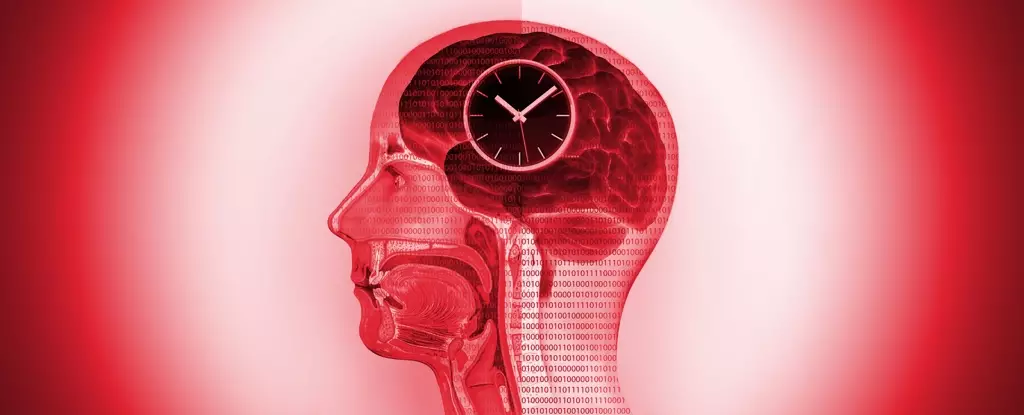In an age where obesity has become a worldwide epidemic, scientists are tirelessly exploring innovative solutions to combat this pressing issue. Recent research from China has unveiled a fascinating link between intermittent calorie restriction and changes in both the gut microbiome and brain functioning. This groundbreaking study not only illuminates the complexity of weight management but also emphasizes the interdependence of our digestive system and cognitive processes.
The Study: A Deep Dive into Intermittent Energy Restriction
The research involved 25 obese volunteers who followed an Intermittent Energy Restriction (IER) regimen over a span of 62 days. Participants were subjected to controlled calorie consumption, interspersed with fasting periods. The results were remarkable, with subjects losing an average of 7.6 kilograms (16.8 pounds), equating to approximately 7.8% of their starting body weight. This significant weight reduction is indicative of the potential effectiveness of intermittent calorie restriction as a strategy for combating obesity.
However, the physical changes were only part of the story. Researchers also observed alterations in brain activity in regions crucial for appetite regulation and addiction, highlighting the multifaceted nature of weight loss. Dr. Qiang Zeng, a leading health researcher from China, remarked, “Here we show that an IER diet changes the human brain-gut-microbiome axis.” Such findings prompt a deeper investigation into how lifestyle changes can exert influence over our mental and physiological well-being.
The Dynamic Brain-Gut Axis
The interplay between the gut microbiome and brain activity appears to be highly dynamic and time-sensitive. Utilizing functional magnetic resonance imaging (fMRI), scientists were able to pinpoint shifts in brain regions associated with impulse control and decision-making. Specifically, the inferior frontal orbital gyrus emerged as a key player in regulating the impulses that dictate our eating behavior.
Interestingly, the microbiome changes were also noteworthy. Certain gut bacteria, such as Coprococcus and Eubacterium hallii, showed a negative correlation with brain activity in the left inferior frontal orbital gyrus. This suggests that the composition of gut bacteria could have a tangible effect on our executive functions, including self-control over food choices. The realization that gut health can influence our psychology—especially in matters like dietary habits—opens new avenues for therapeutic interventions.
Communication: The Microbiome and the Brain
One of the more intriguing discoveries from this study is the two-way communication pathway between the gut and the brain. As elucidated by medical scientist Xiaoning Wang, the microbiome releases neurotransmitters and neurotoxins that can reach the brain. Conversely, the brain plays a pivotal role in dictating eating behavior, illustrating a complex feedback loop. This symbiotic relationship between our internal ecosystem and mental faculties underscores the importance of considering both in the quest for effective weight management strategies.
As obesity affects over a billion people globally—putting them at risk for serious health conditions such as heart disease and certain cancers—the implications of these findings are profound. Understanding how the gut and brain communicate not only enhances our grasp of obesity but can provide critical insights for preventive measures and interventions targeting weight loss.
The Next Steps: Unraveling Mechanisms
Looking forward, biomedical scientist Liming Wang stressed the need to explore the precise mechanisms that underlie the gut-brain communication, particularly in the context of obesity and the weight loss process. While the current research lays a solid foundation, further exploration could lead to targeted treatments that leverage this gut-brain axis for sustainable weight management.
Moreover, with the weight loss industry continuously evolving, the insights gleaned from such studies could revolutionize our understanding of dieting practices. Emphasizing the role of periodic energy restrictions might provide a holistic approach to tackling obesity, merging dietary adjustments with mental health considerations.
The promising discoveries from this research herald a potential paradigm shift in combating obesity by focusing not solely on caloric intake but also on elucidating and improving the intricate relationship between gut health and brain function.

